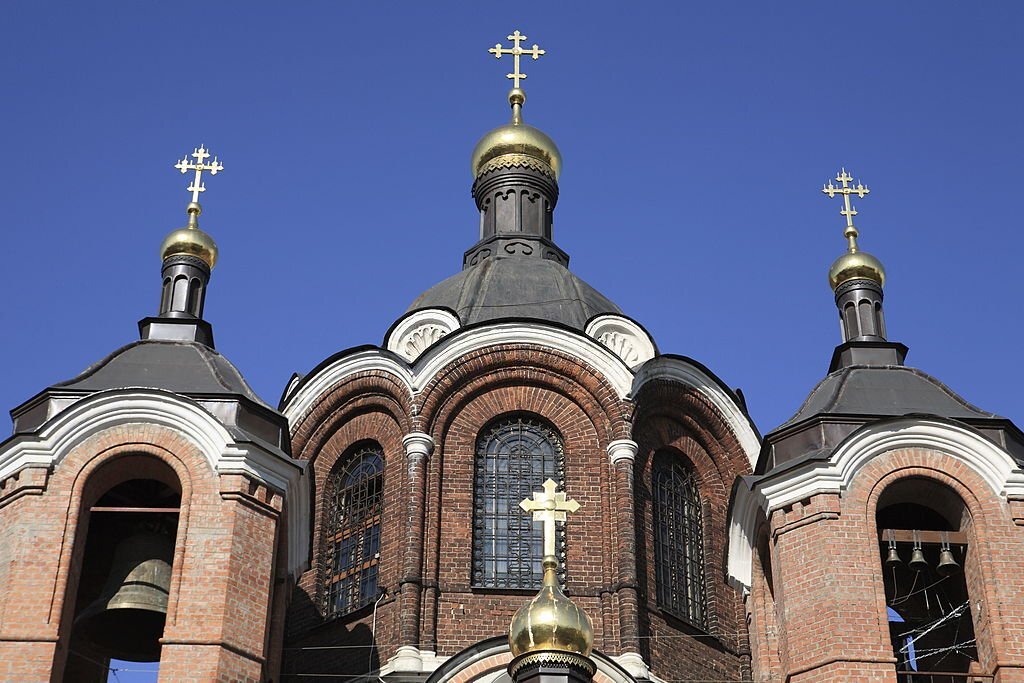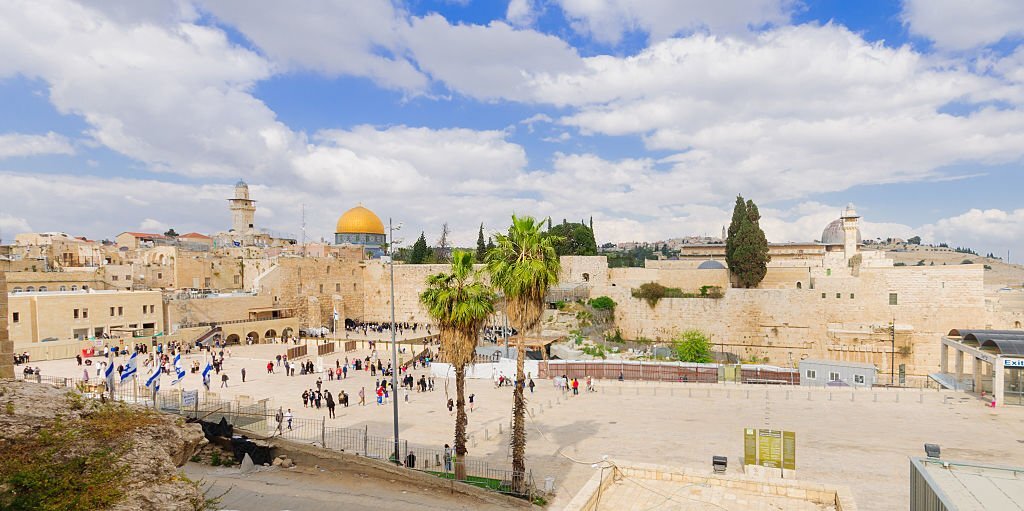Passover is a Jewish holiday that commemorates the liberation of the Israelites from slavery in ancient Egypt. The Passover program is a set of rituals and practices that are observed during this holiday, which typically falls in March or April. The Passover program is a time of reflection, gratitude, and celebration of freedom.
The Passover Program: Rituals and Practices
The Passover program is centered around a ritual meal called the Seder. The Seder is a traditional family gathering where the story of the exodus from Egypt is retold through a series of prayers, readings, and symbolic foods. The Seder plate, which holds the symbolic foods, is an essential part of the Passover program.
In addition to the Seder, there are other important rituals and practices that are observed during the Passover program. These include refraining from eating leavened bread (known as chametz) and eating matzah, a type of unleavened bread that symbolizes the haste with which the Israelites left Egypt. There is also a custom of conducting a thorough cleaning of the home to remove all traces of chametz before the start of the holiday.
The Passover program also includes a special prayer service called Hallel, which is recited on the first two mornings of the holiday. This service includes psalms of praise and gratitude, and is a time for reflection and appreciation for the freedom that the Israelites gained.
Celebrating Freedom through the Passover Program
The Passover program is a time of reflection, gratitude, and celebration of freedom. Through the rituals and practices of the holiday, Jewish people around the world come together to remember the story of the exodus from Egypt, and to give thanks for the freedom that was gained. The Passover program is a time for families to come together, to share a meal, and to reconnect with their traditions and heritage.
As with many religious traditions, the Passover program has evolved over time to reflect the changing needs and circumstances of the Jewish people. However, the underlying message of the holiday remains the same: that freedom is a precious gift, and that it is important to remember and honor those who fought for it. By observing the Passover program, Jewish people around the world are able to connect with their history and their identity, and to celebrate the enduring power of freedom.




